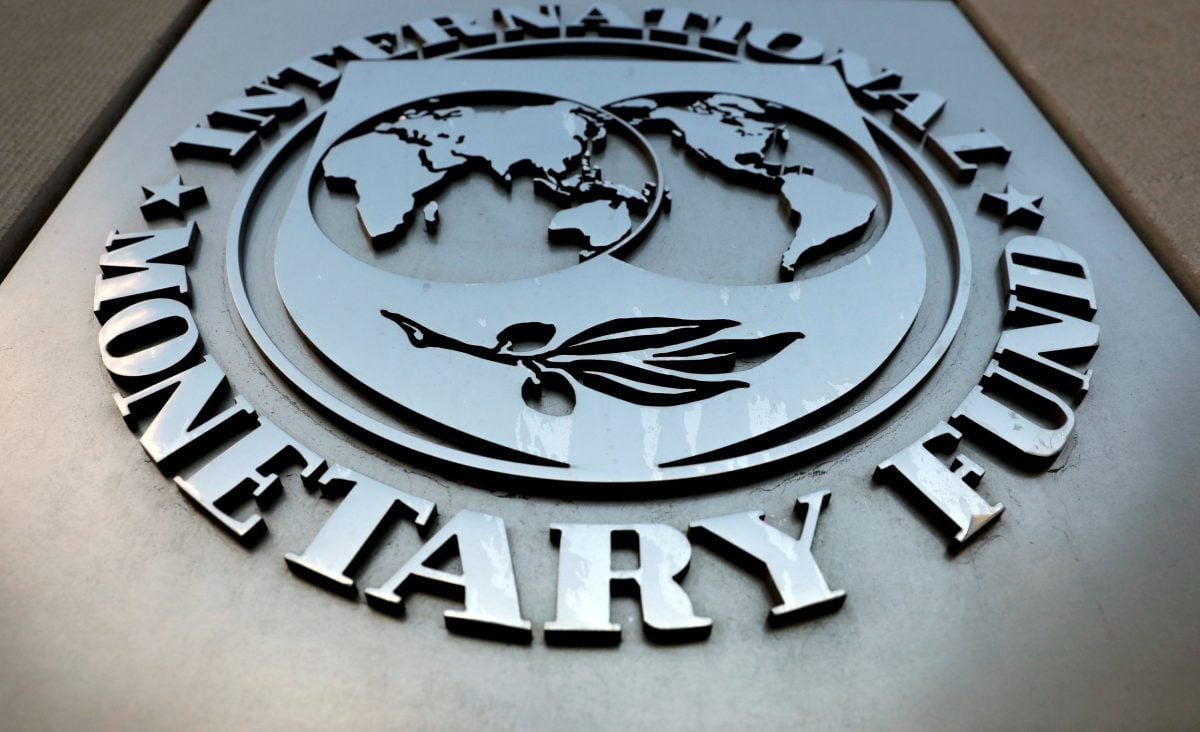Acknowledging that Guyana’s non-oil economy is growing rapidly, the International Monetary Fund (IMF) is echoing its Article IV recommendations that this country institute policy priorities to prevent the economy from overheating, but according to former minister of finance Winston Jordan this country is already overheating.
“IMF staff recommended (during the 2023 Article IV) policy priorities to avoid overheating, including tightening the monetary policy stance and using macro prudential tools (as needed), and designing a comprehensive fiscal policy framework that guides public spending decisions based on a medium-term fiscal framework,” IMF officers recently said in response to questions from St Kitts-based journalist Jermaine Abel.
As the organization prepares for its October meetings this week, Abel asked about the IMF’s position on Guyana being the fastest growing economy in the region, yet showing signs of stagnation.
The IMF pointed out that, “the non-oil economy in Guyana has been growing very rapidly. The non-oil real GDP growth rates were about 12 percent from 2022 until the first half of 2024, much higher than in the previous years (about 3 percent on average over 2006-21), supported by very high growth rates in several sectors, especially construction.
“The government is implementing many modernization plans to diversify the economy, including establishing a regional food hub, increasing electricity supply, and building schools, hospitals, roads and bridges to increase human capital and productivity, which will further boost non-oil GDP growth in the next few years. Alongside high growth, the economy is facing low inflation. While inflation increased in the past few months to 3.4 percent in July 2024 (year-on-year), from 2 percent at end-2023, due to floods, it remains below the peak of 7.7 percent in July 2021.”
Nonetheless, the officials noted recommendations made by the body during the 2023 Article IV meeting with this country.
It is these recommendations that Jordan said the government has to understand and put appropriate measures in place, because while the numbers given by the government reflect a growing economy, it is devoid of the economic realities facing locals.
Jordan said that the IMF’s response “is consistent with the numbers” given by the government, but “inconsistent with reality”. He believes that the economic oversight body’s recommended measures to avoid overheating translates to telling the Guyanese government to “temper the borrowing or narrow the deficit”, lest the country goes into inflationary times. “The IMF is being …coy…,” Jordan said. “In other words [they are saying], control your spending, and the deficit is getting too large.”
Jordan said that the government is currently spending money through borrowing, as if it already has 2027 projected revenues from oil and this should not be, given the volatility of the oil market. “They are banking on the revenues with each… FPSO that comes on stream. They are spending 2027 revenue before 2027 and the debt is growing because of that spending. The stack of treasury bills is getting larger. The internal debt and external debt are getting larger, ” he said.
“The problem with that is that if anything should happen, whether oil prices fall out… the debts would still have to be repaid. Then you are then going to be forced into doing things that you should not be doing.”
Jordan said that the IMF is carrying out its mandate which is surveillance and policing the system, giving this country the financial and economic advice or standard fare, “sending a message to tighten up on the fundamentals”.
The IMF explained that its Article IV meetings are a regular, usually annual, comprehensive discussion between the IMF staff and representatives of individual member countries concerning the member’s economic and financial policies. “The basis for these discussions is in Article IV of the IMF Articles of Agreement (as amended, effective 1978) which direct the Fund to exercise firm surveillance over each member’s exchange rate policies.”
A delegation from the body, including Deputy Managing Director Kenji Okamura and Executive Director Afonso Bevilaqua, met Senior Minister in the Office of the President with Responsibility for Finance and the Public Service Dr Ashni Singh earlier this year and had visited a number of developmental projects around the country, the Ministry of Finance had said.
During that meeting, Singh had emphasized that the government valued the longstanding relationship with the IMF, while providing an overview of economic developments over the years and prospects looking ahead. He also spoke of the government’s policies and programmes to enhance the lives of citizens while containing risks during this current period of its stewardship of the country’s finances to improve all sectors of the economy.
In its December 2023 Article IV Consultation report, the IMF had commended the Government of Guyana for economic management, including the implementation of policies and initiatives geared at transforming Guyana’s economy. The findings were published following an official IMF mission visit to Guyana in September of that year.










